|
Tade Thompson’s Rosewater is one hell of a book, science fiction plus thriller plus horror. The prose is superb and the characters are uncommonly well developed.
There is so much plot going on here, so much, that I will not attempt a plot summary. It’s the year 2066, the aliens have landed in Nigeria, and consequently a few people are psychic now. That’s all you need to know. One scene stopped me in my tracks, and I do mean that literally. I was walking Revvie and when I finished listening I stopped, said “Holy shit” aloud, and rewound to listen again. For those who’ve already read it, I am of course referring to the part where the starving carnivorous floating alien gets loose. Last time I read a scene that good was in Cormac McCarthy’s The Road, when the father and son stumble across the horror basement. That’s the level of Holy Shit I’m talking about. The main character, Kaaro, is a dickhead. That’s also a risky move, but I hope I’m making clear that Tade Thompson has the storytelling chops for it. I’d also like to point out that we follow each other on Bluesky, which makes us best friends, basically. The prose is excellent. That’s the most important thing to me in any book, the wordsmithing. And the audiobook is a joy. I just looked up the narrator to confirm that Bayo Gbadamosi is from Nigeria, surely he must be with that accent but nope, he was born in London. Anyway the narration is terrific, though at some point I need to go back and read the book in print. What with all various times and dimensions and plot line, I need to be able to flip back and forth on the page. If violence is difficult for you to read, this is not the book for you. Cannot overstate that enough. I’m normally unfazed by fictional violence, but woof, this book got my attention. I learned about a form of death involving tires and unfortunately there is no way to unlearn that. I will have this knowledge forever. Also skip this book if you don’t like reading hot alien sex. Otherwise, strongly recommended.
0 Comments
I read The Employees, a science fiction novel written by Olga Ravn, translated by Martin Aitken, and narrated by Hannah Curtis. First, a discursion. When discussing books, I go light on plot summary. A summary can tell you what happens, but that’s not a good indicator of whether you’ll enjoy the book. Better to describe the qualities of the plot. Are scenes action-packed with explosions and space lasers? Rooted deeply in the thoughts of a character? Predictable or experimental? Defined or ambiguous? Is the plot even the main appeal of the book? That’s common with commercial fiction, less common with literary fiction, and often irrelevant with nonfiction. Cookbooks don’t have plots. This logic sort of applies to music, too. “The Devil Went Down to Georgia” is a plot-driven song about good v. evil (though let’s be honest: the devil kicked Johnny’s ass in that duel). “Louie Louie” is about gibberish. Other elements can be more important than plot. Character is the other big one. I don’t especially care who gets murdered or whodunnit; the reason I enjoy Agatha Christie is because of Hercule Poirot.
Setting can be a major appeal factor. When I read historical fiction, it’s usually because I’m interested in that era or location. And for me, the single biggest factor is the prose style (and illustration style for graphic novels). I care more about how the story is told than what story is being told. George Saunders, who gets my vote for best contemporary American wordsmith, wrote a book of literary criticism and I devoured it. No one goes around devouring Harold Bloom. At least I hope not. Thank you for indulging my two-hundred-word excuse for not describing the plot of The Employees. I didn’t follow what was going on. I enjoyed the book, but I’m not real sure what it was about, beyond humans and humanoids interacting with alien objects on a space ship. Nor can I name a single character. In The Virgin Suicides, Jeffrey Eugenides uses a collective narrator, a technique that left me feeling off kilter. Same disconcerted feeling here. I never got my bearings. But I enjoyed it! The book was atmospheric and moody and weird, more literary than I normally go for, but it was a short book so I felt willing to try something strange. I didn’t love it, the way I adored the atmospheric and moody and weird writing of Jeff VanderMeer’s Annihilation or Susanna Clarke’s Piranesi, but I’m glad I spent time in that world. I draw a distinction between good writing and good storytelling. Not every author is good at both, and commercial publishing favors the latter. Plot-driven books sell better than language-driven.
Personally, I look for strong, competent prose. I don’t need ornate language or undreamt-of metaphors, but I will stop reading for mechanical clumsiness: overusing dialogue tags, slipping artlessly into comma splices, beating that subject-verb-object triple play for every dang sentence. Adrian Tchaikovsky delights on both counts, writing and storytelling. He’s best known for his Children of Time series, but I got started with Elder Race, a quick read with excellent audiobook narration by John Lee. It’s a perfect genre blend of fantasy and science fiction. An overlooked younger princess goes on a hero’s quest to find a wizard to save the realm from a demon. The wizard is in fact an anthropologist second class, living out whole centuries in suspension while he waits for his fellow scientists to retrieve him from his outpost. It hits all my favorite notes: thoughtful internal character development, adventure tempered by human politics, magic clashing with technology. And no goddam romance. Sorry—but I don’t like love stories in my fiction. That’s a tender spot for me. The depressed and lonely weird wizard dude with literal horns growing out of his forehead, thanks to futuristic body mods, does not end up with the courageous and beautiful young woman. Like they don’t even flirt. It’s wonderful. There are any number of reasons why you might not like a genre. I just explained why I don’t like romance novels, so I’m in no position to hector anyone about not reading science fiction or fantasy. But if the reason you abstain is because you’re only familiar with shoddier examples, I’d invite you to give speculative fiction another go. This one will only take a few hours of your time. Bloodchild collects seven stories and two essays by Octavia Butler. She died in 2006 but remains a fixture of science fiction and fantasy.
Of these stories, my favorite was “Amnesty,” about humans adapting to extended-stay alien visitors. The story invites you to consider if and how you would resist invasion. The whole story was strong, but the last couple of lines left me all shook up. But all of the stories are strong, with themes of illness and alien encounters show up repeatedly. And the essays are about Butler’s life and her thoughts on writing. They’re lovely. I quite enjoyed the audiobook as narrated by Janina Edwards. It’s a quick listen or a quick read, and a good entry for readers who aren’t familiar with Butler. After seventeen years, I’m rereading Terry Pratchett’s Discworld series, and I hope you’ll consider joining me. These are books that will make you feel better. You will leave them knowing more about yourself and other people, and you will feel less pessimistic about everything.
I’m reading these in chronological order, which is why I’ve got Color of Magic up first, but that’s not where I recommend people dive in. With more than forty books in the series, there are a ton of great entry points, since few of the books depend on familiarity with prior entries. I do think the stand-alones are less intimidating, perhaps. Small Gods is my standard recommendation. But let’s not sweat the details. If you’ve never read Pratchett and you were waiting for a sign, hello, here it is, the universe would like you to read a Discworld book. The Color of Magic introduces us to the greatest city on the Disc, Ankh-Morpork, and its least talented wizard, Rincewind. Until I moved to a state with unjustly few characters allowed for license plates, my license plate read WIZZARD in homage to Rincewind. In some ways he is my favorite Discworld character, not because he is the best, but because I imprinted on him like a duck. I’m not doing anything like a coherent plot summary, but that’s not the point. No other author’s death has affected me more than Pratchett’s. That’s what his books have meant to me, and so many other people, but I am afraid if I keep on in this vein I will sound like a religious fanatic. Occasionally I’ll be discussing these books on Sundays (the new Day of the Week for these weekly book talks), or they might come midweek if I’ve got another book to discuss on Sunday. But I will write about each one. I intend to read a bit of Pratchett each day until I have finished the series, however many months or years that takes. System Collapse, the latest in the science fiction series of novellas-approaching-novels by Martha Wells, was released four days ago. I did extra housework to get in the listening time so I could discuss it today. My floors are looking nice.
Murderbot is a security unit, a construct of human and machine parts. Its job is to provide security to a group of human researchers, who keep getting into mortal peril when they visit other planets. Its likes include watching soap operas. Its dislikes include getting attached to humans, who are messy and complicated. Narrator Kevin R. Free does such a good job with this series. I am especially fond of the voice he does for ART, the sentient research vessel that steals every scene it's in. I'm almost as fond of ART as I am of Murderbot. Don't tell Murderbot I said that. Don't start with this one of you're new to the Murderbot Diaries. Go back to the beginning with All Systems Red. I realize I haven't said anything about this book specifically. I don't think I'll go into plot details, but I'll say that it made me feel some feelings the same way poor Murderbot felt them. "I was having an emotion, like a big, overwhelming emotion. It felt bad but good, a weird combination of happy and sad and relieved, like something had been stuck and wasn't stuck anymore. Cathartic, okay? This fits the definition of cathartic." On the one hand, Consider Phlebas is a smart, fast-paced opener for The Culture books, an acclaimed science fiction series by Iain M. Banks. On the other, there are two stereotypes all tied up in one villain package. One of the villains is a Jabba the Hutt knockoff who invites us to equate corpulence with corruption. Then audiobook narrator Peter Kinney comes along to give him the voice of an effete homosexual. Banks strikes me as an intelligent writer, and Kinney is one of my favorite narrators, so I am mad at both of them.
And before you go telling me how Things Were Different back then, the book's pub date is 1987. The moon landing was old enough to vote. So to enjoy this book, you'll need to have tolerance for some unfortunate stereotypes, and you'll need to have a stomach made of steel, because there is one scene that is revolting. I have a high tolerance for reading disgusting things and I about lost my lunch. If you're still with me, this is a fun space opera. I see why it endures on Best Of lists, and I expect I'll continue sampling from The Culture books. This is not the kind of science fiction that makes you contemplate your own humanity. It's the other kind. the SPACE LASERS kind. I listened to a classic of science fiction, The Lathe of Heaven (1971), written by Ursula K. Le Guin and narrated by George Guidall, easily one of my favorite voice actors.
George Orr transforms reality through the power of his dreams. He's terrified each time he falls asleep because he can't control what he dreams. No one else realizes it's happening. Each time George dreams up a new reality, everyone else enters the new continuum unwittingly. His only ally is his psychiatrist, who is secretly developing a dream machine that will replicate George's powers in other people. This is what science fiction was made for, to help us consider alternate realities, the nature of dreams, and parallel universes. I give Le Guin full marks for investigating these concepts. But I didn't like the book. I find Le Guin to be humorless and largely unemotional. The characters felt flat and the prose was dry. There was nothing wrong with it, but the stylistic choice to be deadly serious did not suit me. I have similar criticisms about many, many, many science fiction books, especially those written in the twentieth century. The science fiction writers I love best--Connie Willis, Martha Wells, Becky Chambers, Tom Holt, Tamsyn Muir--can manage thought-provoking speculation without treating character development like an embarrassing hookup they'd really rather forget. I've been similarly disappointed by Le Guin's fantasy--The Wizard of Earthsea bored me as a teenager--though I did enjoy The Left Hand of Darkness, a pioneering novel about gender. And the short story "The Ones Who Walk Away from Omelas" is terrific. I recommend that as an entry point for anyone wanting to try Le Guin. For those wanting to learn more about alternate realities and the interconnectedness of everything, you could take psychedelic drugs like mushrooms or LSD, only those are illegal in most places to please don't construe this as legal advice. A generally less criminal approach would be reading classic authors like Philip K. Dick (only I haven't read him yet, given my prejudice against 20th century speculative fiction writers), or you could read "The Life of Chuck," a Stephen King short story I read last year that I still haven't recovered from, it was that good. Tom Holt is among my favorite contemporary writers. It's his prose style that does it for me. When I write fiction, it's his voice that I try to emulate, more than any other writer. He sets up his words in such a way that an ordinary sentence turns into a vehicle for comedy.
Under pseudonym K. J. Parker, he writes fantasy novels that are laugh-out-loud funny, but it's hard to persuade anyone of that, what with the high body count and catastrophically tragic story lines. As Tom Holt, he writes science fiction novels that feature somewhat less slaughtering. For example, although the protagonist of When It's a Jar does at one point take a mortal wound, it's not a permanent condition. He's able to free himself from Valhalla after a few weeks, so no harm done. This is the second book in Holt's YouSpace series, which can be roughly summarized as: madcap escapades through the multiverse. Or putting it another way, this is like A Hitch-hiker's Guide to the Galaxy, but funnier. And Ray Sawyer's audiobook narration is pitch perfect. After the death of King Arthur, the wizard Merlin cast a spell on the knights of the round table, ensuring they would be resurrected any time Britain faced great peril. From the Battle of Hastings to World War II, they have risen from the earth to defend the realm.
Now they're back to fight climate change. Perilous Times, Thomas D. Lee's debut, is a delightful take on Arthurian legend. Characters from the old tales share the page with contemporary people, including a ragtag group of feminist eco-terrorists, a satanic cabal of powerful men, and a white nationalist who gets turned into a squirrel. The depictions of an uncomfortably-near future ravaged by rising waters and rising temperatures make this science fiction as well as fantasy. It's also a political satire. The squabbling and inertia among the rebels threatens to forestall action against the corporate polluters. Be aware, there's a fair bit of violence here, including violence against a pet. There's also violence against a dragon, but she started it. I enjoyed the audiobook, narrated by Nicola F. Delgado, who did a fine job with English, Welsh, and American accents. |
Book talks
When Covid first hit, I started doing book talks on social media as a way to keep in touch with people. I never got out of the habit. I don't discuss books by my clients, and if I don't like a book, I won't discuss it at all. While I will sometimes focus on craft or offer gentle critical perspectives, as a matter of professional courtesy, I don't trash writers. Unless they're dead. Then the gloves come off. Archives
February 2024
Tags
All
|

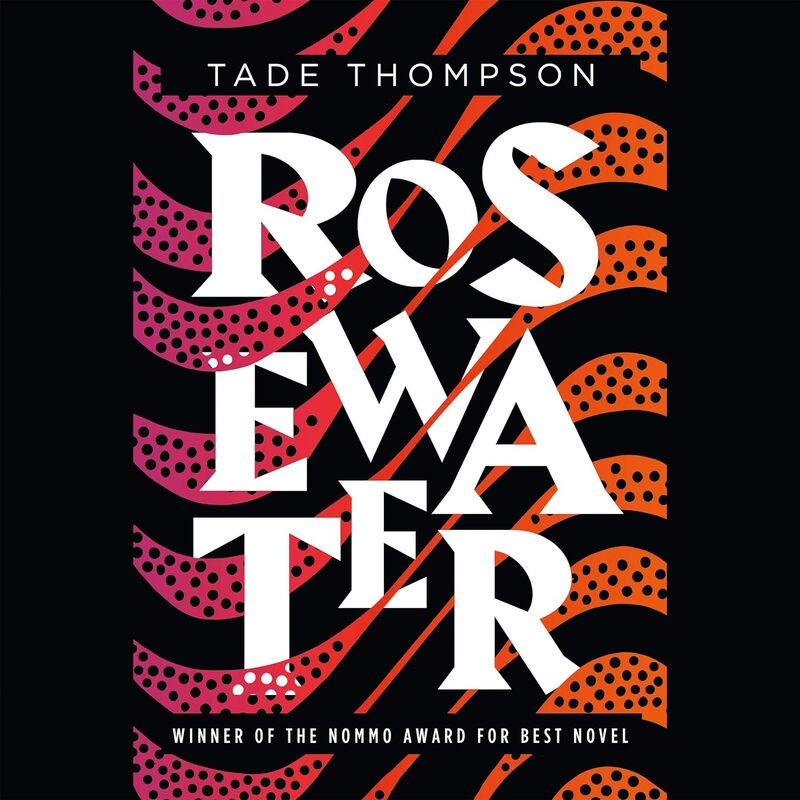
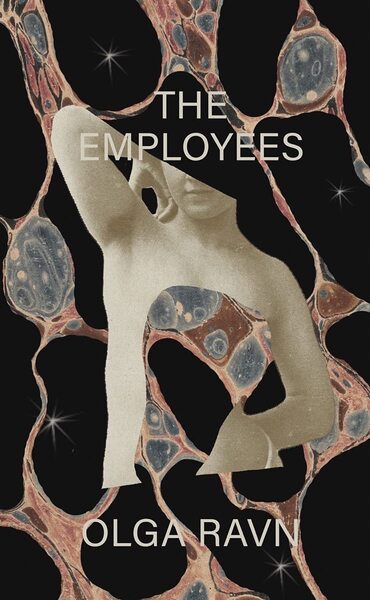
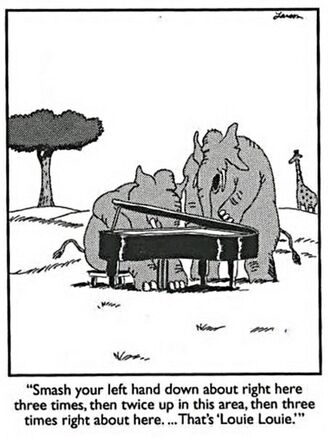
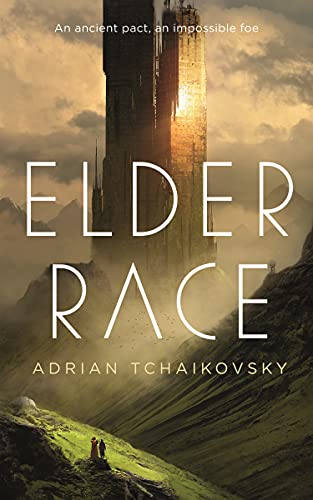
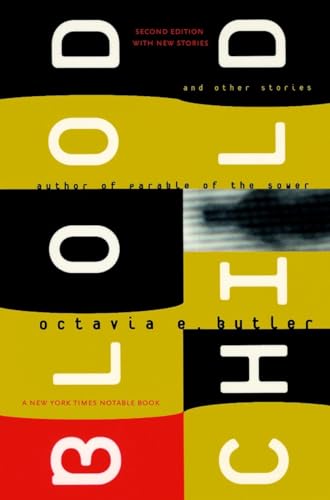
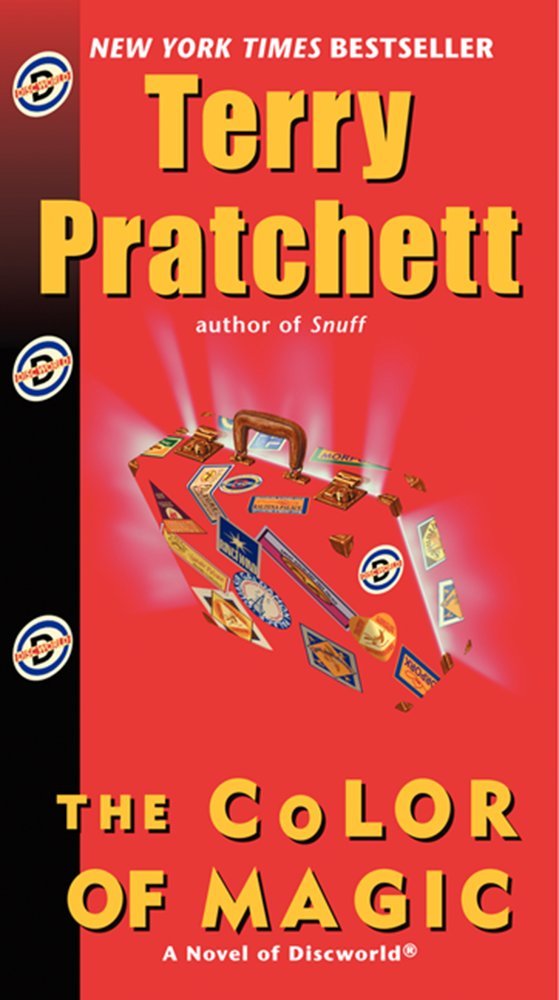
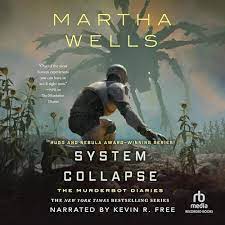
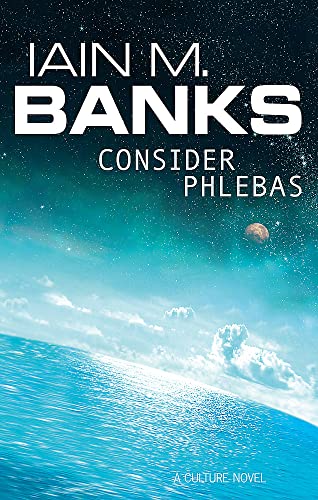
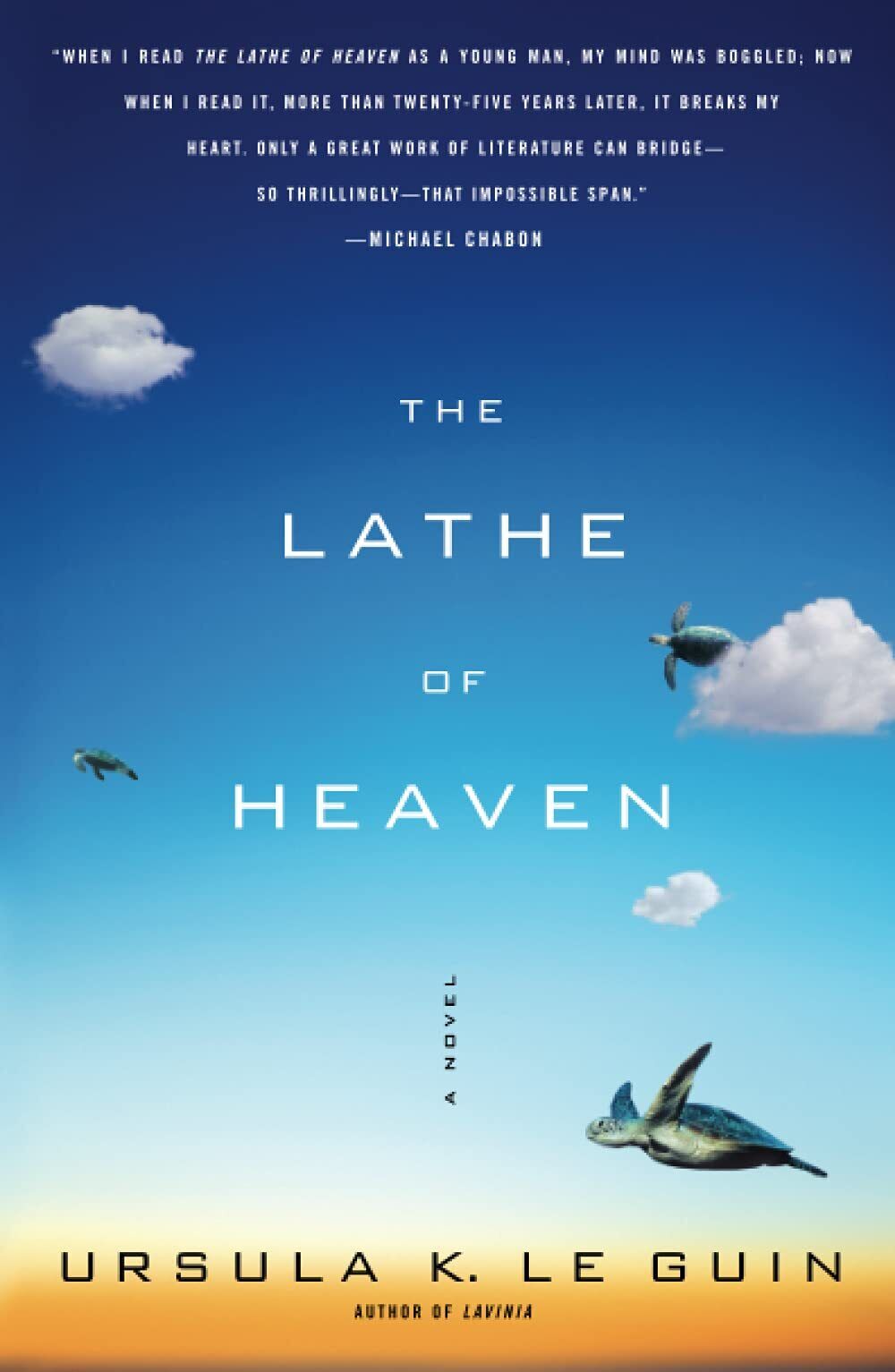

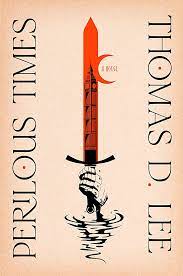
 RSS Feed
RSS Feed